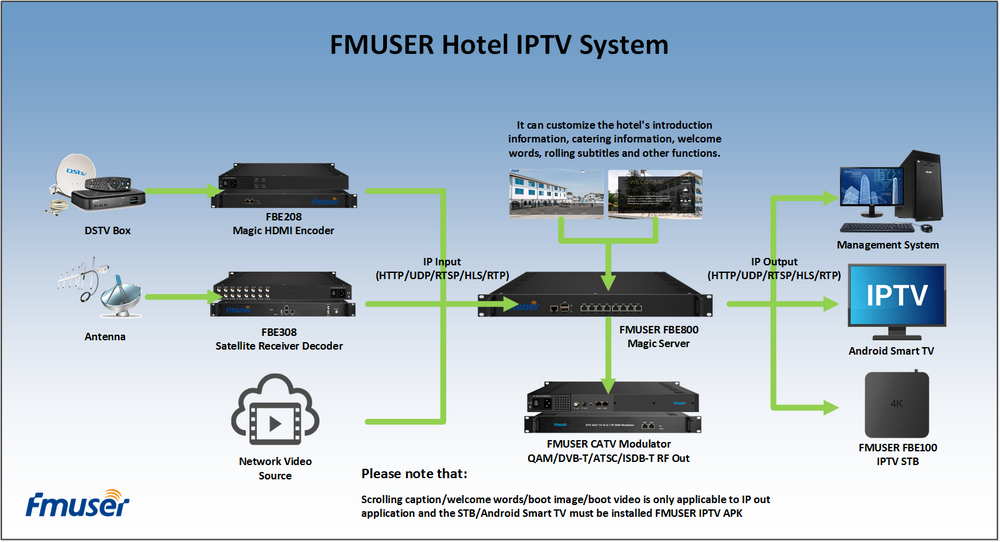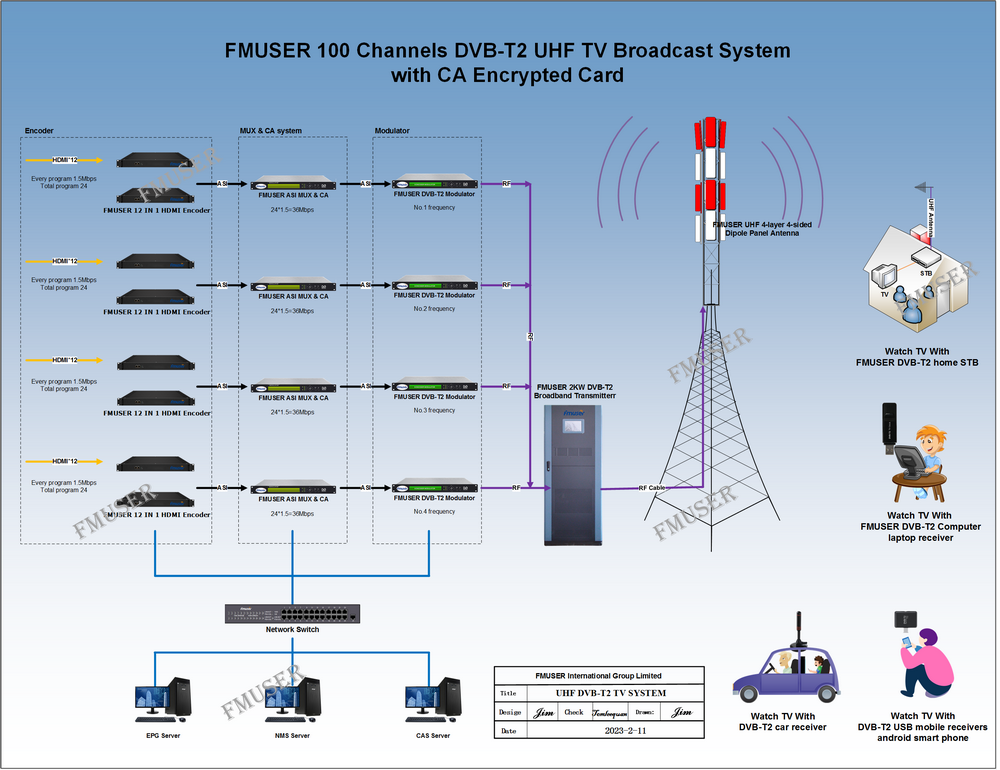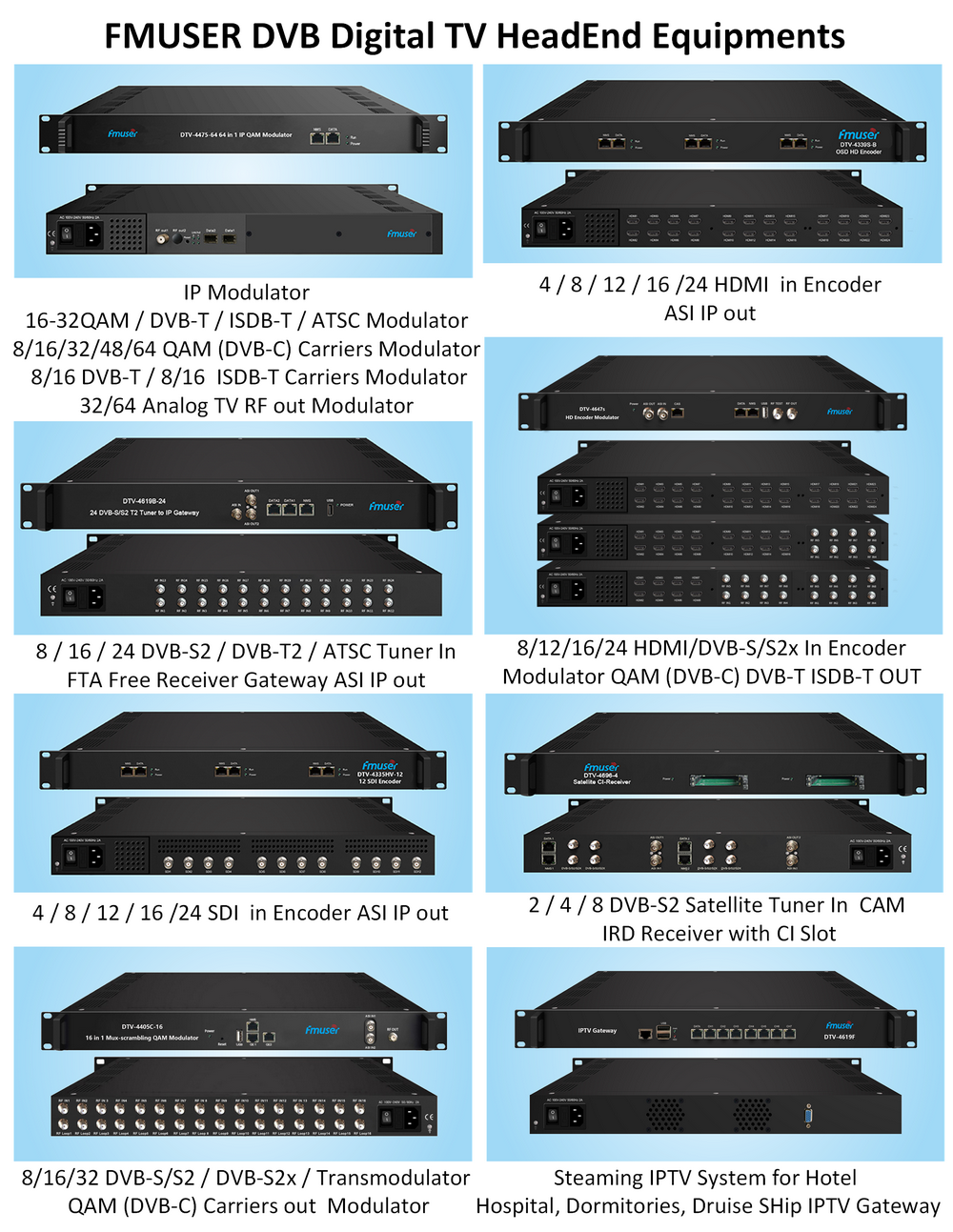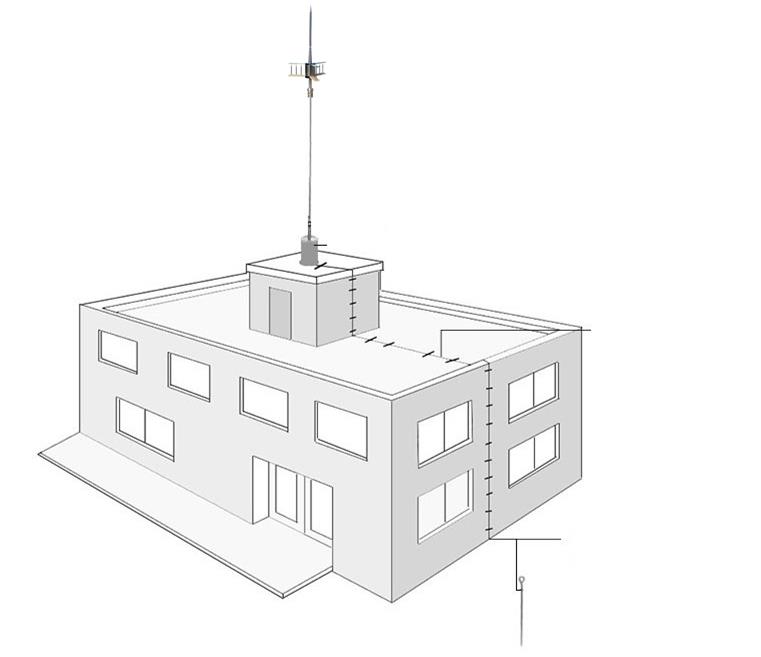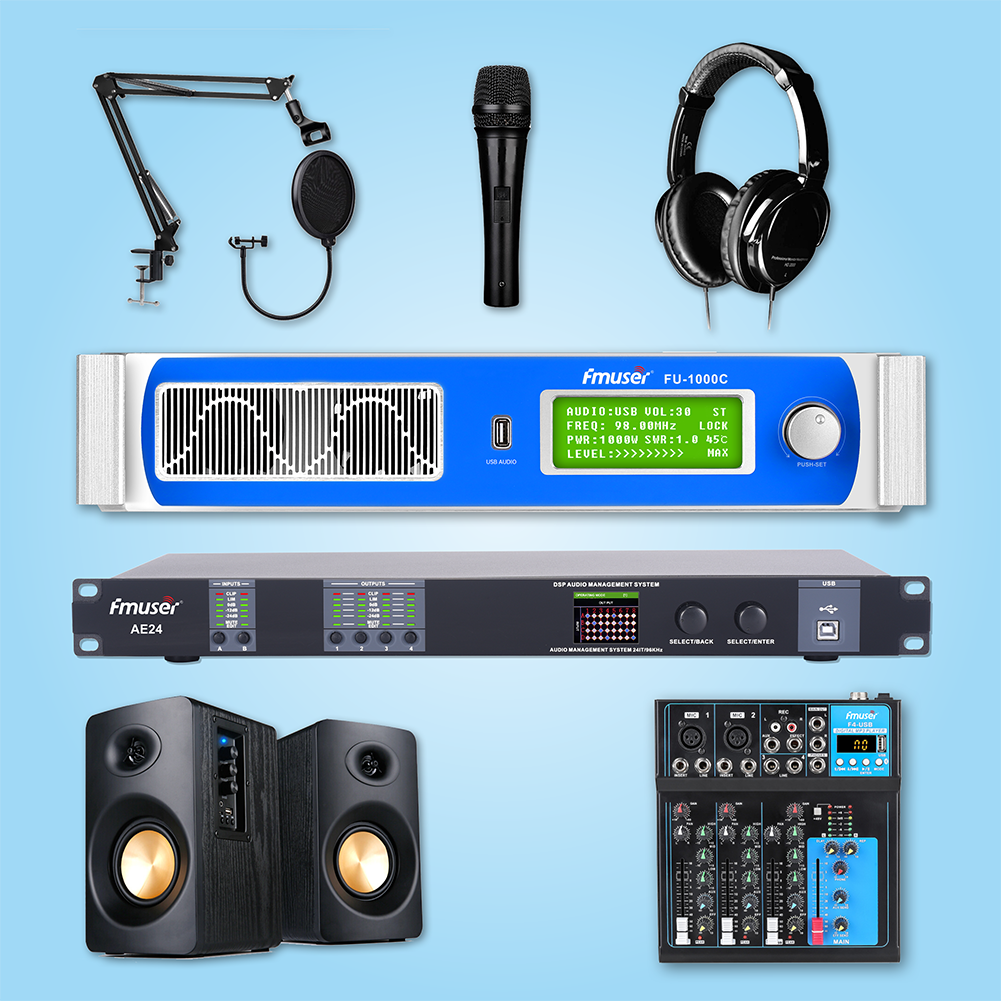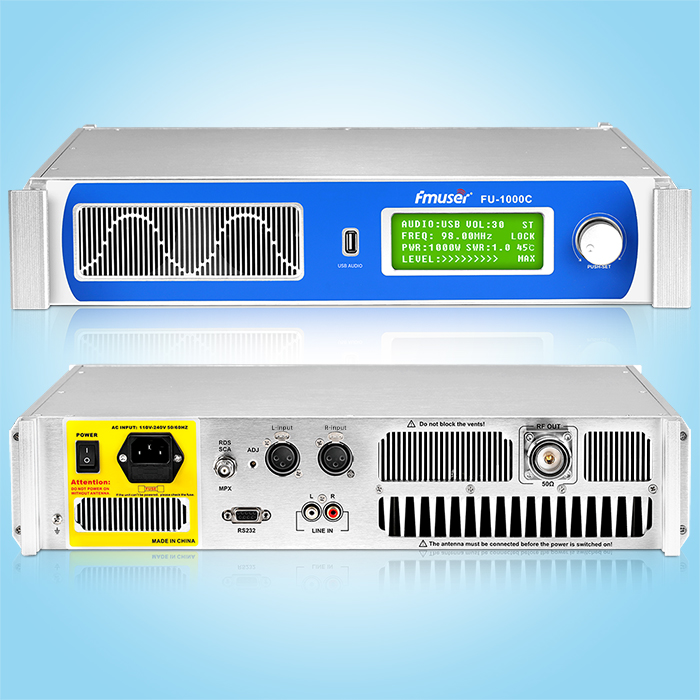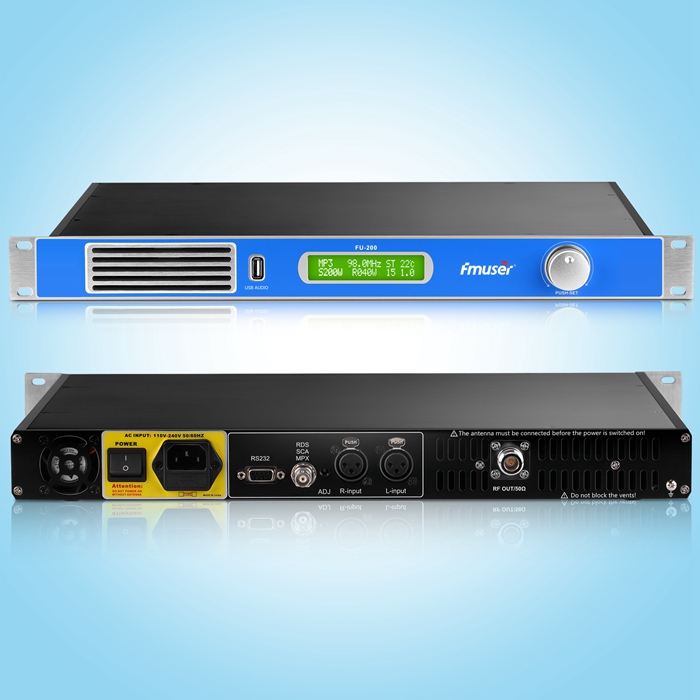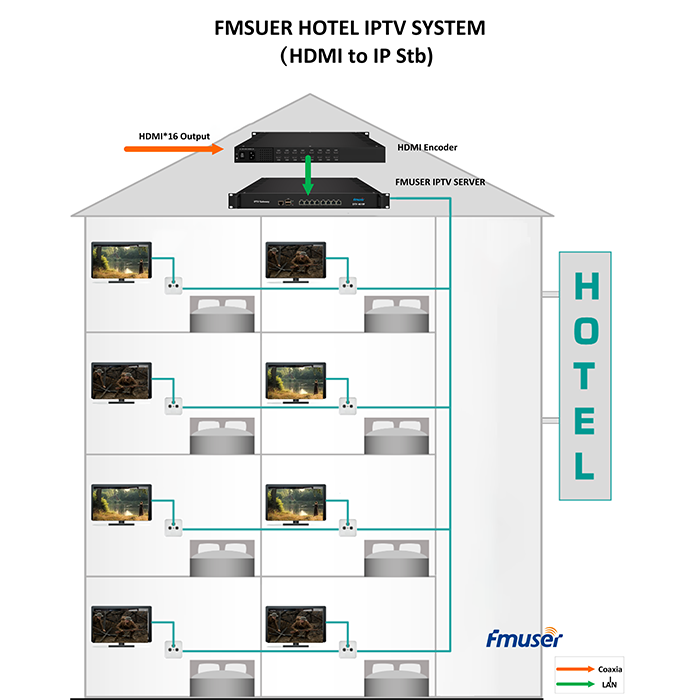"Recently, Broadcom's bid of $130 billion to acquire Qualcomm was rejected, but this is obviously just a glimpse of the war between chip giants. Previously, the source of rapid growth of the chip industry has dried up. Under the background of the rapid rise of artificial intelligence, AI chip has become an indisputable place. Next, around artificial intelligence, especially deep learning technology, the chip industry will generate more capital transactions, mergers and acquisitions and investment will continue to be staged, but strangely, it seems that the positioning given by major companies is no longer a chip company. Based on the analysis of well-known media such as the financial times and the economist, this paper analyzes the competition among chip giants under the tide of artificial intelligence with data and charts.
Recently, Broadcom's US $130 billion acquisition offer for Qualcomm triggered heated discussion. Under the high-profile intention of this acquisition, there is an undercurrent of fierce chip competition. Since 2015, the amount of M & A transactions in the chip industry has exceeded US $150 billion. Artificial intelligence chip smoke everywhere, who can bet in the right direction?
Complex and cruel chip food chain: why do people no longer call themselves chip companies
Recently, few companies in Silicon Valley want to be called "chip companies". Qualcomm describes itself as a "platform company". Intel's corporate positioning has changed from "PC company" to "data company". NVIDIA, whose share price soared, described its graphics processor as "enhancing human intelligence".
While semiconductor companies are trying to rebuild their brand image, traders are also pouring into this field. Since 2015, the amount of M & A transactions in the chip industry has exceeded US $150 billion. This amount is earlier than Broadcom's $130 billion acquisition invitation for Qualcomm.
Broadcom itself is the product of several M & A transactions. In 2015, Avago tech acquired Broadcom with us $37 billion in cash and stock. This was the largest M & A in the history of the global chip industry at that time.
On November 6, 2017, hock Tan, CEO of Broadcom, made a cash and stock offer of $70 per share to Qualcomm, with a total amount of $130 billion. On the 17th, according to Bloomberg, Qualcomm rejected the acquisition offer of Broadcom, saying it was an opportunistic move by Broadcom to buy Qualcomm at a low price. At present, Broadcom announced that it is still continuing to promote the transaction.
Both sides of the intended acquisition - Qualcomm and Broadcom - are at the top of the food chain in the chip field. This food chain is extremely complex, in which different kinds of chip manufacturers kill each other. Before Broadcom tried to acquire, at the end of October 2016, Qualcomm announced that it would annex the Dutch chip company NXP (NXP) with us $38 billion (including debt, with an enterprise value of US $47 billion). NXP completed the merger with Freescale, another large chip company, in 2015.
According to the latest news, according to foreign media reports, a source disclosed that the US smartphone chip manufacturer Qualcomm's acquisition of NXP semiconductors for us $38 billion is expected to be approved by the "upcoming" Japanese antitrust authority, and will also win European approval by the end of the year. Obtaining the approval of two major antitrust regulators in Japan and Europe will take Qualcomm an important step towards completing this transaction, and also strengthen the resistance to the forced acquisition of Qualcomm by Broadcom for $130 billion.
According to the economist, Broadcom has been promoted to the fifth largest semiconductor company in the world by snapping up rivals. Since 2013, Broadcom has completed five large acquisitions. At present, its bid of 5.9 billion yuan for brocade remains to be approved. If Broadcom succeeds in annexing Qualcomm, the merged company will become the world's third-largest chip manufacturer after Intel and Samsung Electronics, as well as the leading supplier of many parts in smart phones.
Geoff blaber of CCS insight, a research institution, said that even if Broadcom wins the support of Qualcomm's boss and shareholders, there are still great risks. Qualcomm's acquisition of NXP and Broadcom's acquisition of BOCO are pending. Therefore, at first glance, this seems to be a merger between the two giants, but it is actually a four-way deal. It is not easy to unify so many different departments and business units at once.
The merger of the semiconductor industry will only accelerate: the source of the previous rapid growth of the chip industry has dried up
Executives of major companies believe that artificial intelligence and AR will soon sweep the world, just like the previous wave of personal computers and smart phones. Last year, Softbank spent $32 billion to acquire arm, a British technology company, which is one of the strategic investments made by son Zhengyi, founder of the Japanese enterprise group, to welcome the era of the Internet of things. Arm, located in Cambridge, UK, is a leader in the mobile device chip industry.
But when will the next technological revolution happen? It's not clear yet. Apple's cash flow is $26.9 billion, and the latest iPhone X has proved successful. Apple seems unlikely to get into trouble in a short time like Nokia or BlackBerry. The awkward alliance between Samsung and Google has also stalled, while Samsung's dominance in chip manufacturing continues to grow. Lenovo, Dell and HP occupy more than half of the PC market, and the prospect of new entrants is slim.
The global dominance of a few technology giants may cause concern in the United States and the European Union, but it provides an opportunity for hock Tan and others. If the integration of mature markets is a force to promote long trading, another force is those who have entered the market and newcomers.
Michael marks, former CEO of Flextronics, an electronics supplier, said: "when you have a few big customers, you must have a group of powerful suppliers. Thirty years ago, you had 200 computer customers. Now you have three. Fifteen years ago, you had 20 mobile phone customers. Now you have 2. Hardware has been massively integrated over the past 30 years. I am surprised that the integration in the semiconductor market will take so long. "
The economist believes that the merger of the semiconductor industry will only accelerate, both in the field of memory chips and microprocessors. Chipmakers are trying to expand rapidly in a rapidly maturing industry: between 2006 and 2016, total merger transactions amounted to $556 billion. However, the previous sources of rapid growth in the chip industry, such as the popularity of PCs, tablets and smartphones, have dried up. Although the global sales of chips reached US $344 billion in 2016, the sales growth has stagnated in the past five years.
From smart watches and VR to automatic cars, companies such as Intel and Qualcomm are investing in finding the next unpredictable event. Broadcom focuses on the supply chain.
Geoff blaber, an analyst at CCS insights, said: "Broadcom has always been a supplier of raw materials, which is their tradition.
Hock Tan has different views. "We have bought five companies in the past five years," he explained. Our business model works like this: when buying an enterprise, we mainly focus on a strong and sustainable core product line. We often invest more in our core product lines than the original ones. "
He disdained to introduce the team into "surrounding" or "adjacent" enterprises, adding: "in these businesses, we tend to rationalize assets." "With the intensification of industry integration, focus is the key to success," he said. We are trying to further innovate in areas we are familiar with. "
This acquisition philosophy is very different from Intel. Intel spent $15 billion this year to acquire Mobileye, an Israeli computer vision technology company. In addition, Intel has acquired companies and reorganized its free business in the past year to ensure that it will not miss the next opportunity to make money. The acquired enterprises include moviduis, an artificial intelligence company developing computer vision processors, yogitech, an Italian semiconductor design company, Altera, a chip company, etc.
Although Intel cooperated with apple last year to provide some LTE baseband for apple, Intel is still looking for a source of revenue growth other than the CPU. Intel's positioning itself as a "data company" also reflects its strength in the data center market. Intel said it was targeting $50 billion in silicon market opportunities from server processors to networks and artificial intelligence.
Despite the strong publicity, the "Internet of things" accounted for only 5% of Intel's $45.7 billion revenue as of September. The pressure of diversification also inspired Intel to spend $400 million to buy nervana. Intel will get the company's software, cloud computing services and hardware, so that the products can better adapt to the development of artificial intelligence.
Software will devour the world, and AI will devour software. Who is the biggest winner?
In the field of autopilot and artificial intelligence, Intel and NVIDIA are catching up with each other. NVIDIA's graphics processor has been eagerly adopted by in-depth learning researchers. Last year, NVIDIA was the best performing stock in the S & P 500 index, up 224%. Its share price has doubled again this year.
"NVIDIA is at the center of artificial intelligence, machine learning and deep learning, and the real value lies in neural networks and training," blaber said“ This does not mean that it will not face competition from Intel, and Google and Facebook are also investing in their own AI chips. But NVIDIA has a very strong position. "
It seized the stronghold before it entered the market. Like Intel, NVIDIA missed the mobile phone market, which prompted it to acquire icera in 2011. Icera is a leading manufacturer of baseband and RF technologies, competing with Qualcomm. But last year, with NVIDIA initially focusing on the value of graphics chips becoming more and more clear in the field of artificial intelligence, icera baseband business was closed.
Huang Renxun, CEO of NVIDIA, said in an interview with the Financial Times: "due to the new computing architecture we invented, we made the big bang of AI happen."“ Just as software devours the world, AI will devour software. "
At present, more than half of NVIDIA's sales still come from gamers who want to assemble the latest graphics cards for their personal computers. Although less than a quarter of NVIDIA's revenue in the last quarter came from AI centric applications in the data center, it grew rapidly and doubled year-on-year.
"When it comes to the Internet of things, this is an AI problem. When it comes to self driving cars, this is also a AI problem. Huang Renxun said: "I believe there will be 1 trillion or trillions of devices in the world. These devices will have reasoning ability, or local AI ability." NVIDIA's share price soared and was once regarded as an acquisition target, but its market value reached $126 billion - which most analysts believe is too high for potential buyers such as Intel.
Until recently, the situation of Qualcomm and NVIDIA was very similar. This year, Qualcomm's valuation has been surpassed by NVIDIA. The share prices of the two companies show investors' enthusiasm for each story: Although Qualcomm's share price would be roughly flat without the promotion of Broadcom's bid, NVIDIA's share price rose by more than 600% in the same period. "This is a very opportunistic move by Broadcom," blaber said
Since January this year, Qualcomm's share price has been hit hard by its antitrust war with apple on pricing and patents. Apple has stopped paying Qualcomm, which is trying to prevent iPhone sales from San Francisco to Beijing.
For its supporters, Qualcomm's biggest advantage lies in its unique chip manufacturing portfolio. It sells hundreds of millions of modems and "Xiaolong" processors and intellectual property licenses to smartphone manufacturers around the world every year. These revenues fill the company's accumulated R & D investment of $47 billion since its establishment in 1985. Some critics, including apple and several regulators, believe that the merger of the two companies will allow Qualcomm to charge more royalties than he deserves for cellular wireless networks.
If regulators do not intervene first, Broadcom's proposed acquisition of Qualcomm will result in higher concentration of smartphone manufacturers“ With Qualcomm, Broadcom will be able to provide all iPhone chips except apple's A-Series processors, "James Wang said.
However, the emergence of the iPhone a series processor also comes from what James Wang believes is the most successful deal in the semiconductor industry: PA semi, which Apple bought for $278 million in 2008, now seems to be at a suitable price. The deal allows apple to control the core parts of its core devices and makes the iPhone more competitive.
As imaging technologies, a British graphics chip maker, discovered this year, apple can quickly change from a largest customer to a cruel competitor. Apple announced this year that it would gradually stop using the GPU provided by imaging technologies and design its own graphics chip in the next two years, which plunged the share price of imaging technologies and forced them to be listed for sale.
It seems that apart from the most valuable companies in the world, few companies want to become a chip company.
Original address: https://www.eeboard.com/news/broadcom/
Search aiban.com and pay more attention. You can master the latest development board, intelligent hardware, open source hardware, activities and other information every day. Recommend attention!
[wechat scanning can be followed directly]“
Our other product:


